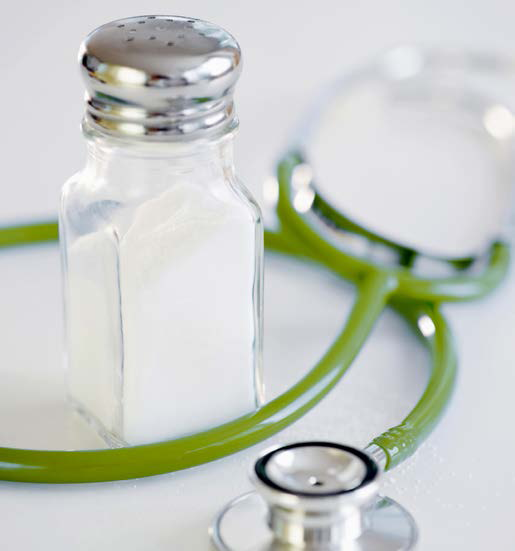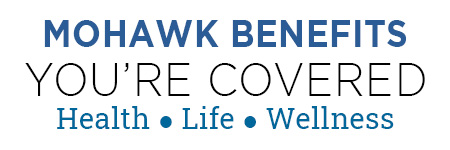
You may have been told by your healthcare provider to reduce the salt in your diet. Table salt is sodium chloride. One teaspoon of salt contains about 2,300 mg of sodium.
Sodium is a mineral that’s essential for life. It’s regulated in the body by your kidneys, and it helps control your body’s fluid balance. It also helps send nerve impulses and affects muscle function.
How does sodium affect my heart health?
When there’s extra sodium in your bloodstream, it pulls water into your blood vessels, increasing the total amount (volume) of blood inside your blood vessels. With more blood flowing through your blood vessels, blood pressure rises. This puts an extra burden on your heart and blood vessels. In some people, this may lead to or raise high blood pressure. Having less sodium in your diet may help you lower or avoid high blood pressure. People with high blood pressure are more likely to develop heart disease or have a stroke.
How much sodium do I need?
Most people eat too much sodium, often without knowing it. The average American eats about 3,400 mg of sodium a day.
• The American Heart Association recommends no more than 2,300 milligrams (mg) a day and an ideal limit of fewer than 1,500 mg per day for most adults, especially for those with high blood pressure.
• Even cutting back by 1,000 mg a day can improve blood pressure and heart health.
What are sources of sodium?
Most of the sodium in our diets comes from adding it when food is being prepared. Pay attention to food labels, because they tell how much sodium is in food products. For example foods with 140 mg or less sodium per serving are considered low in sodium.
Here’s a list of sodium-containing compounds to limit in your diet:
- Salt (sodium chloride or NaCl)
- Monosodium glutamate (MSG)
- Baking soda and baking powder
- Disodium phosphate
- Any compound that has “sodium” or “Na” in its name
What foods should I limit?
The best way to reduce sodium is to avoid prepackaged, processed and prepared foods, which tend to be high in sodium. Watch out for the “Salty 6” — the top six common foods that add the most salt to your diet. Read food labels and choose the lowest level of sodium you can find for these items:
- Bread and rolls
- Pizza
- Soup
- Cold cuts and cured meats
- Poultry
- Sandwiches
More Information
For more details on this topic and to read the full article from the American Heart Association, click here.
